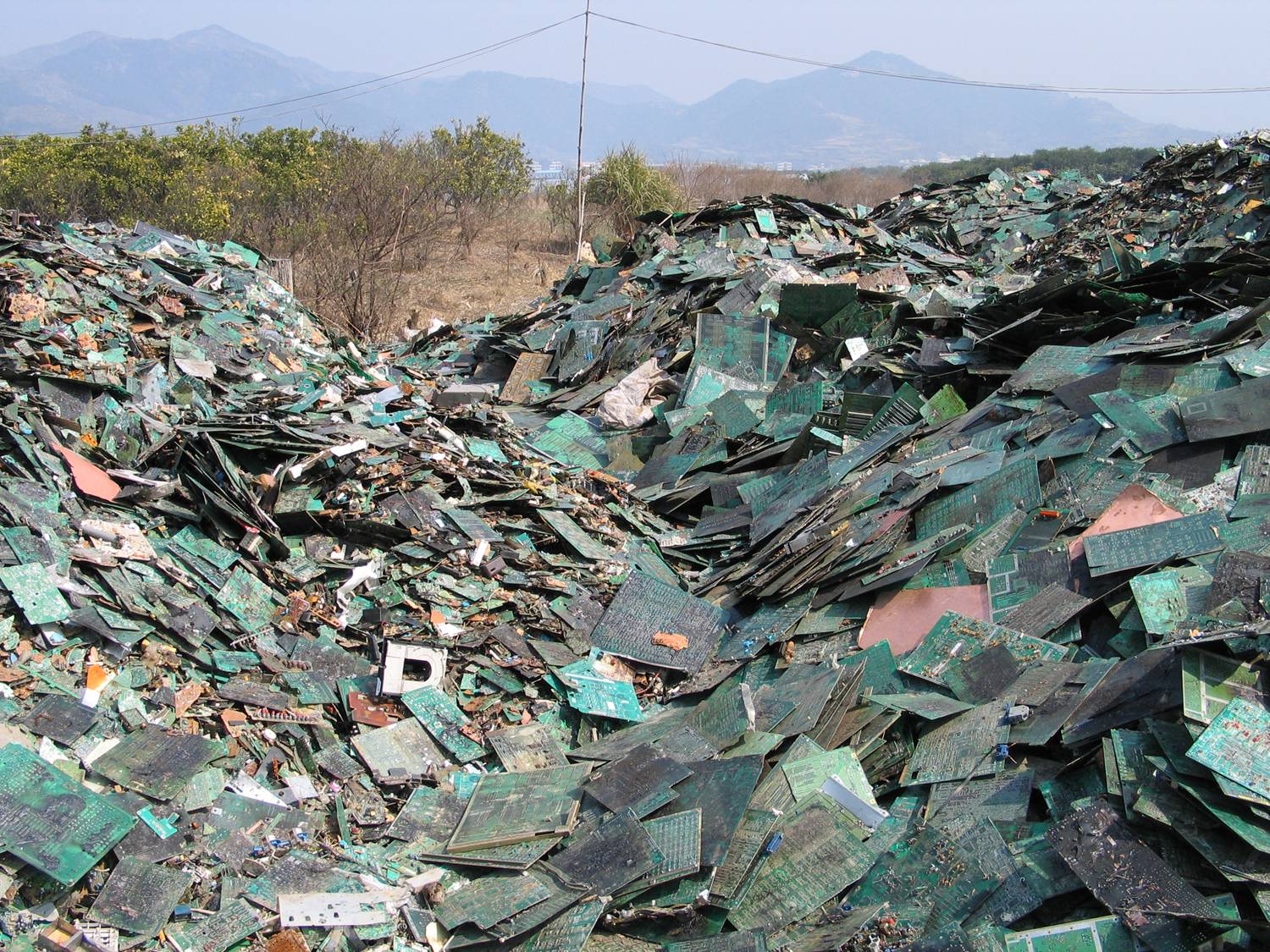I co own the best known parts and repair shop for automated stage lighting and controllers in North America. In business for 17 years. We've had manufacturers not only refuse to sell parts to us directly, they tried to block dealers from selling to us too. Which isn't legal in the US. Several years ago a company that rebuilt and sold used AMD semiconductor manufacturing equipment sued AMD for blocking parts sales to them. Same situation. I've never been in the automobile dealership or appliance business, but from what I've learned in our business repair and parts is likely as great or a greater source of revenue as new product sales. Look at the amount of real estate, parts stock, technicians and support staff at car dealerships compared to sales staff. They wouldn't be doing that if there wasn't money to be made.
There's a term for companies that handle everything after the sale - "reverse logistics". I learned this when someone from the Reverse Logistics trade organization called me, asking if we would like to join. Reverse logistics is a big business. Many manufacturers like Philips, Sony, etc use reverse logistics companies to repair their goods in and out of warranty, deal with customer returns, refurbish and resell RTS goods, etc. Come to find out we're a reverse logistics company for entertainment lighting.
Speaking of parts - many of the parts in products we repair are proprietary. Plastic molded bezels are a good example. Too high heat to 3D print ourselves, we looked into it. And they look different. So we have to either buy used fixtures and part them out, or get these parts somehow from the OEM. Then there are tons of parts that are off the shelf. Of course we buy those directly, avoiding the OEM markup. Which the rule of thumb for parts is usually 300% markup. But if we didn't do this, we wouldn't be profitable enough to survive. Then we are competing with the OEM for parts sales. Most if not all at this point either don't know or don't care. But we're pretty small, five people, down from ten before Covid. If we were talking about tens or hundreds of millions of dollars in repair and parts revenue, might be a different story.
End users repairing sophisticated goods themselves, well that's often a mess. We deal with experienced people all the time that still call us to walk them through repairs. And the church tech volunteers trying to diagnose and repair an automated light with 3000 parts - don't get me started! So manufacturers are supposed to support all these people with repair documents they pay someone to produce, parts and know how to repair their own goods, all the while reducing their own revenue? Doesn't sound like very smart business to me. I can see both sides of the argument. I live it every day.
But in the end, if people want to try to repair their own goods, I think they should be able to. But I'm not sure manufacturers and others in the repair business owe them a ton of support they're unwilling to pay for. I've actually had to ask some customers that have asked us for proprietary repair info we spent a lot of time and money learning "do you call a transmission repair shop and ask them how to repair a transmission without being paid?"










![Electronics Soldering Iron Kit, [Upgraded] Soldering Iron 110V 90W LCD Digital Portable Soldering Kit 180-480℃(356-896℉), Welding Tool with ON/OFF Switch, Auto-sleep, Thermostatic Design](https://m.media-amazon.com/images/I/41gRDnlyfJS._SL500_.jpg)
























